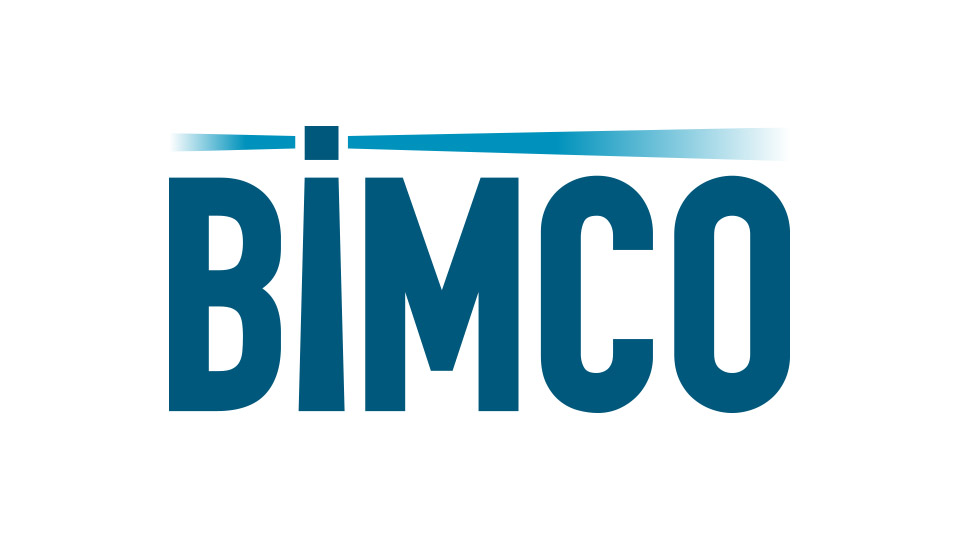From cadetship to managing one of the world’s biggest tanker companies, Lois Zabrocky has lost none of the enthusiasm that drove her to the sea as a young woman. Whether overcoming problems on board or embracing new cultures – riding camels in Pakistan is a fond memory – the president and CEO of International Seaways and BIMCO director has carried those formative experiences through a wide-ranging career.
Zabrocky believes that two attributes are equally applicable whether at sea, fixing ships on the commercial side (another chapter of her career) or confronting the wider industry challenges facing shipping head on. One is pragmatism. “Shipping is endlessly pragmatic,” she says. “Things come at us, and we can think about them at a high level but then you have to translate that into action. Shipping trains you to realise that you need to make a decision, or it will be made for you, and you will have to live with the consequences.”
The other is an openness to learn. “It is so important to be a lifelong learner. Every day, the maritime industry is affected by geopolitical events and mother nature which both impact our markets and vessels, making it an endlessly fascinating industry to work in. A quick pivot and problem solving sees us through the changing environment.”
Shifting ground
The most immediate challenge Zabrocky is facing is the fallout of the Russian invasion of Ukraine, which has disrupted trade patterns and sent fuel prices soaring. Those issues demand fresh calculations, she notes. When the ground shifts beneath you, a “first principles mindset” is essential to ensure resources are deployed appropriately.
As both a shipowner and a BIMCO board member, Zabrocky is also exposed to the longer-term issues that shipping must address. Fresh calculations are needed when it comes to decarbonisation, she argues. In particular, the rising costs of fuel should be taken as a given. “Energy in all forms is expensive today and I think the world has to adjust to this. To fund decarbonisation there are going to be market-based measures – such as a carbon tax – which will change the footing for competition.
At the same time, she notes the irony of solar panels being built using coal power. “We need a holistic view for sustainability. It needs to be phased in and we need to make sure that the systems for transition are properly supported and building on existing infrastructure. This holistic view will include well-to-wake analysis, which will be a positive impact all across the energy chain.”
Building a future
As a shipowner, Zabrocky believes that iterative improvement is the name of the game. International Seaways is building dual-fuel very large crude carriers, to be delivered in 2023, that will meet environmental regulations anticipated until the mid-2040s. Offering a 40% efficiency improvement on 10-year old vessels – and more than 20% against modern vessels – Zabrocky sees those ships as a bridge to the future.
Relationship building will be another part of the bridge, ensuring knowledge exchange and that technology is fit for purpose. Collaboration and open discussion will also help build consensus behind methods of operating that respond to the environmental shift.
The nature of trading is also changing and is another area where Zabrocky applies her long-nurtured pragmatic approach. She anticipates that the global fuel market will be highly fragmented in the future, with significant regional variation in the continued use of conventional fuels and growing uptake of others. “Tanker operators really need to be vigilant about how the market is changing,” she says. “We are moving away from commoditisation and towards bespoke solutions. Today you can fix a ship loading in the Middle East to discharge anywhere. But in the future, if you are a specific refiner or calling at a specific port, you will want to work with the owner to get a more efficient and more environmental footprint.”
Action driven
Despite uncertainty around the future, Zabrocky highlights the importance of action over pontification. The shipping market is focused on innovation and driven by solutions. Here it is her work on the board of BIMCO that offers the opportunity to develop answers that can be deployed by the wider industry. On the contract side, she notes BIMCO’s continuing development work on the ASBATANKVOY – a charter contract template that is widely used as the basis for charter parties in the tanker market.
“My favourite thing about being on the BIMCO board is the insight it gives me into issues like environmental policy, piracy and charter agreements. There is a network of very strong and well-established maritime players, and attention to detail and forward planning is extremely important.”
From her time at sea through to her current board seat, Zabrocky has found herself in the minority time and again. But there are strong women throughout maritime she notes, including five BIMCO board members. “I want to see more women in maritime. We need to lead by example and make space for women to thrive. It’s about making systems that support women in their careers, whether this comes in the form of a room for people to pump in, or childcare, or supporting hybrid working. All these can help to prevent a higher bar of entry for women.”
More generally, shipping needs to be more transparent about its diversity efforts. Zabrocky believes that governance of this area will only become more rigorous. For publicly traded companies like International Seaways, this will be especially important.
“We are in the initial stages of developing a programme for attracting very talented young people into our industry. We are competing with technology companies, but we need to make shipping a fun and exciting place to work where people can see themselves moving the world forward.”
Zabrocky’s career and her ongoing enthusiasm for the industry is a perfect advert for attracting more women and young talent. As she says: “If you can see it, you can be it.”
Source: Hellenic Shipping News






